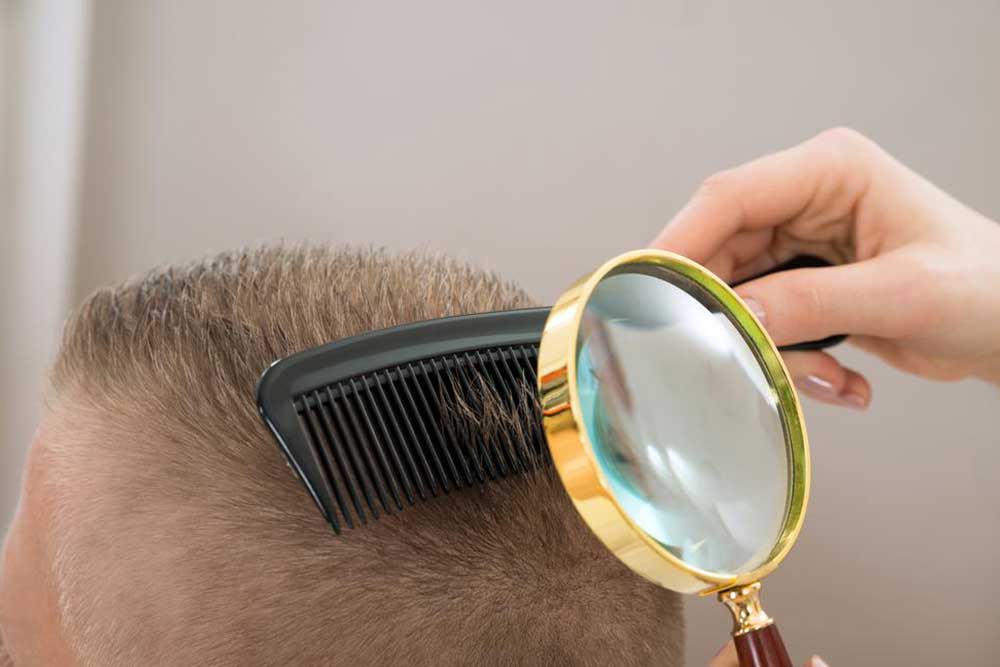Risk Factors and Treatment for Seborrheic Dermatitis
One of the more common skin problems one may face in the current times is Seborrheic Dermatitis. It causes scaly patches, stubborn dandruff, and red skin. The most adverse effect of this condition is evident on the scalp. Moreover, this condition affects the oily parts of the body such as the face, eyebrows, both sides of the nose, eyelids, ears, and several other parts. So, if you have oily skin then you might be prone to Seborrheic Dermatitis much more as compared to the others. There isn’t any definitive treatment for this problem which might go away with time. However, developing certain skincare habits can help you to get rid of this problem.

Symptoms of Seborrheic Dermatitis
Some of the signs and symptoms include:
- Skin flakes or dandruff on your scalp, eyebrows, hair, beard or mustache.
- Patches of greasy skin covered with flaky white or yellow scales or crust on the scalp, sides of the nose, face, eyelids, eyebrows, armpits, ears, chest, groin area or under the breasts.
- Red skin.
- Itching.
Causes of Seborrheic Dermatitis
The exact causes of this condition are not known. However, doctors believe that it might be related to:
- Malassezia, a yeast or fungus that is in the oil secretion on the skin.
Risk factors
Factors that may lead to Seborrheic Dermatitis include those:
- With a psychiatric or neurological condition such as Parkinson’s disease.
- Suffering from HIV or recipients of organ transplant or cancer patients or anyone with a weak immune system.
- Patients who are recovering from a heart attack or another stressful disease.
Consultation by a doctor
You can consult a doctor when:
- Your condition is causing anxiety and embarrassment to you.
- You feel that your skin is infected.
- You have tried out several self-care methods without any result.
- You feel so uncomfortable that you are distracted or lose your sleep.
Self-treatment
You may consider using the following to avert the condition:
- Shampoos, creams, and ointments that prevent inflammation.
- Shampoos, creams, and antifungal gels alternated with other medications.
- Antifungal medicines.
Seborrheic Dermatitis is a disease that can cause hair loss. This can be a big set-back to your self-confidence. In order to prevent this, initiate preventive measures as soon as you notice the symptoms of the disease on your body.

